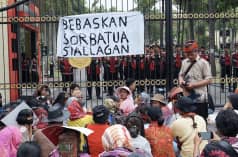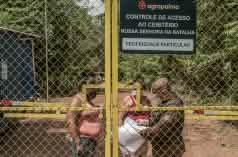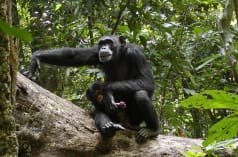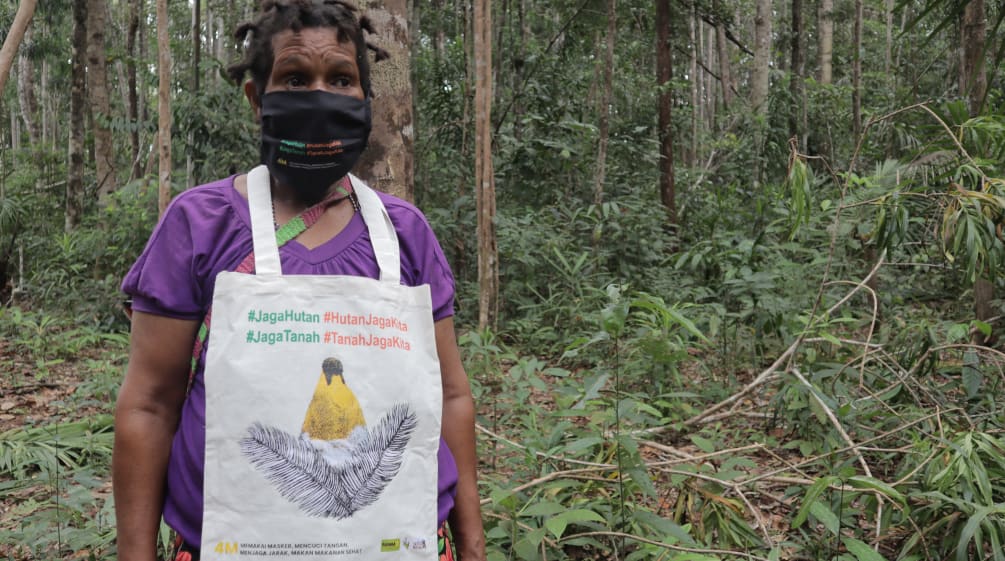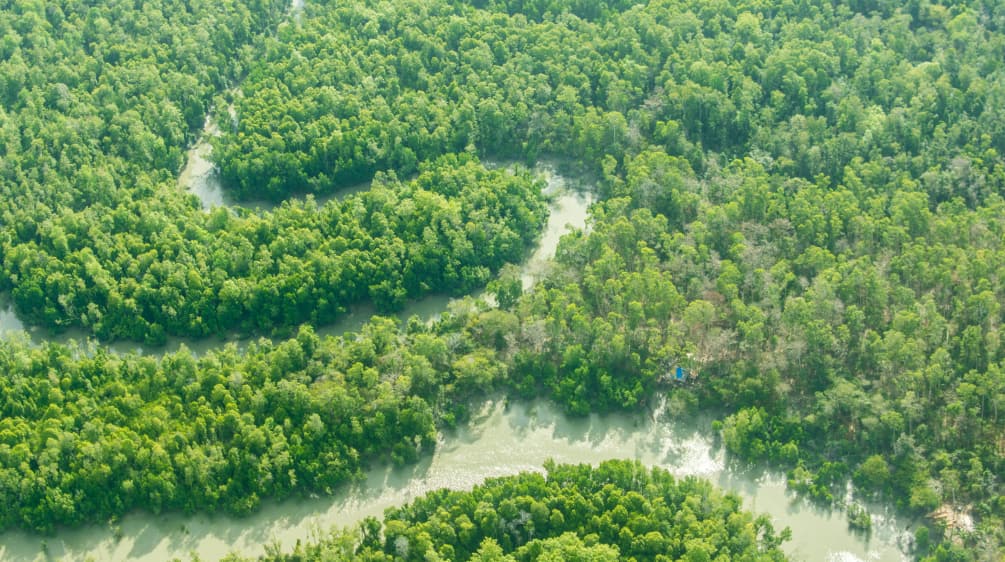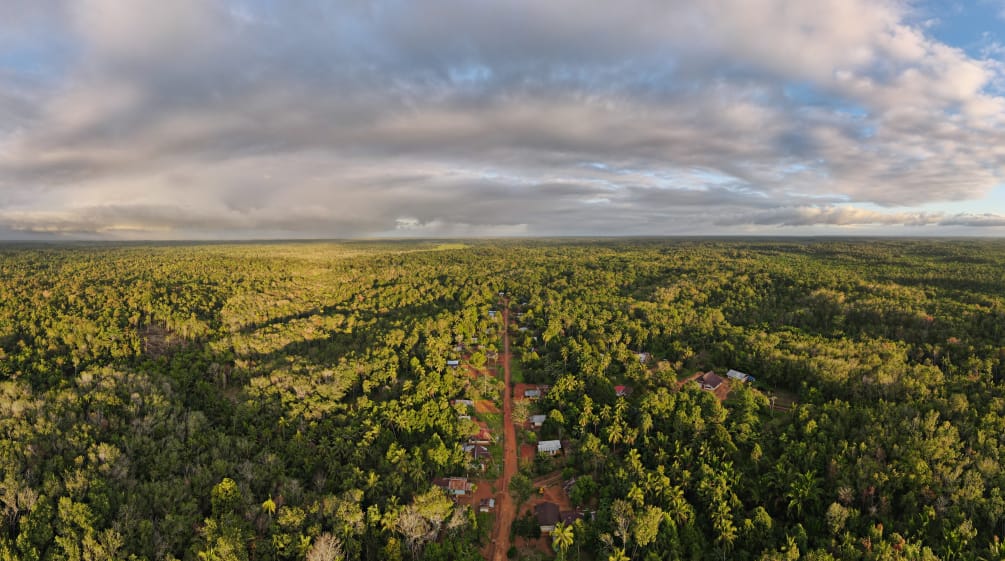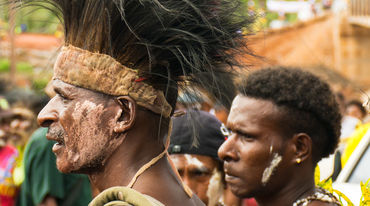Thousands of hectares of rainforest in West Papua saved from the palm oil industry
Sep 7, 2021
The state government of West Papua, Indonesia, is taking a good hard look at palm oil companies: 14 have had their permits revoked and over a quarter of a million hectares of rainforest will be saved. This is the result of cooperation of indigenous groups with authorities and environmental organizations – a huge win for the rainforest and a step toward recognizing indigenous forest rights.
The locals, with the support of the NGOs EcoNusa and Pusaka – a Rainforest Rescue partner – have succeeded in getting the government to review permits for oil palm plantations over the past several months.
To date, 14 permits of major palm oil companies have been permanently revoked. A decision on 24 others will be made soon. The concessions total 293,213 hectares – an area more than twice the size of London! Much of this area is intact rainforest, the habitat of countless species such as birds of paradise and tree kangaroos, as well as the home of numerous indigenous communities.
West Papua is an Indonesian province on the island of New Guinea, not to be confused with the independent state of Papua New Guinea (PNG) to the east. Indonesia has a further province named Papua.
After numerous protests by locals, national and international campaigns, inquiries and lobbying, the government of West Papua province has finally launched an extensive investigation, which is being backed by the national anti-corruption authority KPK and civil society organizations. The permits of 38 companies in West Papua and dozens more in the province of Papua are being reviewed.
The investigation is turning up numerous irregularities, for example overlapping permits from different authorities and officials. Often permits have expired or are partially missing. The interim result is impressive: 14 companies have had their concessions to cultivate oil palm plantations revoked. Proceedings are pending against 24 other palm oil companies due to a range of administrative and legal violations.
The revocation of the permits came after years of struggle by indigenous communities in West Papua to claim their forest rights and defend their territories against palm oil companies. For example, on May 20, 2021, over 200 indigenous people protested against palm oil companies in front of the Sorong district chief’s official residence, demanding that the government not let up in its careful scrutiny of the permits.
“We, members of the Tehit indigenous people, are here today because we reject palm oil companies,” said protest leader Yuliana Kedemes. “We can’t allow them to come here, because where will our children and grandchildren live in the future? So we’re calling on the government to revoke the palm oil permits.”
Our partner Pusaka welcomes the move of the provincial government as an important step toward the recognition of the rights of the indigenous peoples of West Papua: “Revoking the licenses of companies is the right legal step to end social and economic injustices and return forest rights to the ancestral inhabitants, because only they can guarantee the preservation of the forest and its sustainable use.”
Once the permits have been revoked, the rights to use these forests must be returned to the tribal communities. In this case, action must be taken quickly: NGOs fear that new permits for these areas will be granted to other companies – to the mining industry, for example.
Currently, three palm oil companies have filed lawsuits with the Jayapura Administrative Court against the revocation of their permits. There, the district chief of Sorong is now defending the rights of his own people.
The groundbreaking move raises hope: “The provincial government of West Papua will hopefully curb deforestation in the future and focus on economic development that preserves the forest and its natural resources and respects its inhabitants,” said Franky Samperante of Pusaka.
After this success for the forest, officially guaranteeing the forest rights of the indigenous people will be crucial. This is the only way to afford the forests lasting protection against being handed over to companies. Permits for oil palm plantations would mean the clear cutting of large areas, application of herbicides for 35-95 years, environmental damage and the loss of many species. Most species in Papuan forests have not yet been documented by science.
In the neighboring province of Papua, 58 palm oil companies are being evaluated. There will be sanctions against 35 if the authorities and courts follow the proposals of the anti-corruption commission and NGOs. Now hopes are growing that the governor of Papua will take the same step as his counterpart in West Papua, which would prevent the destruction of half a million hectares of rainforest. This development shows that campaigning and lobbying pay off when everyone pulls together.
